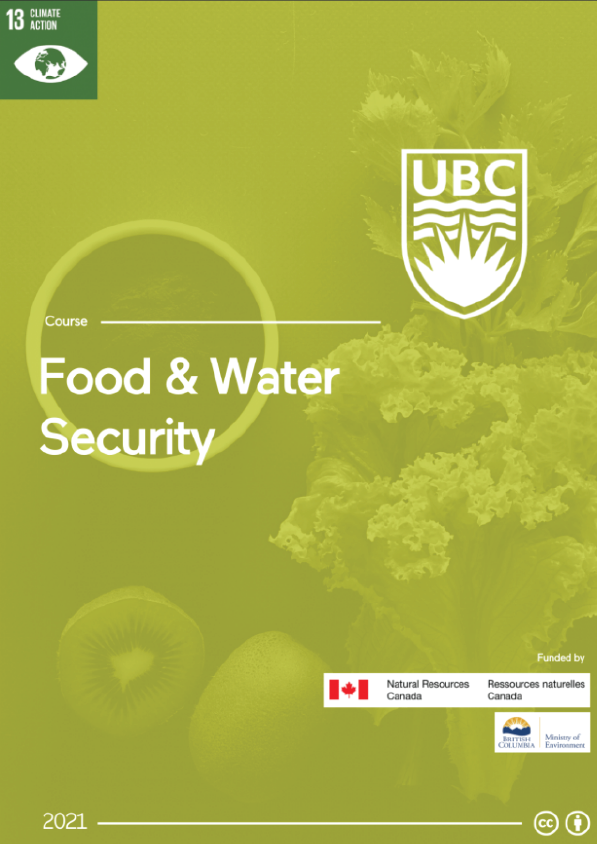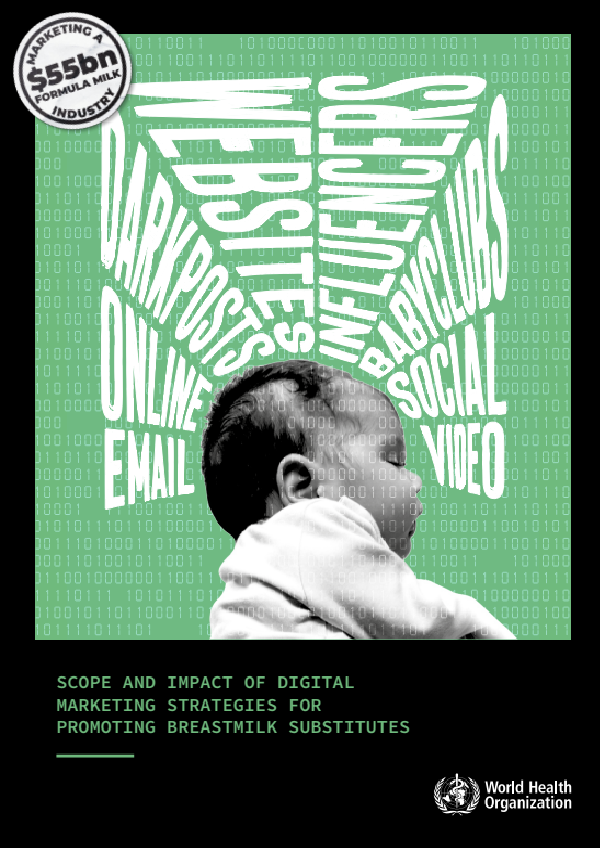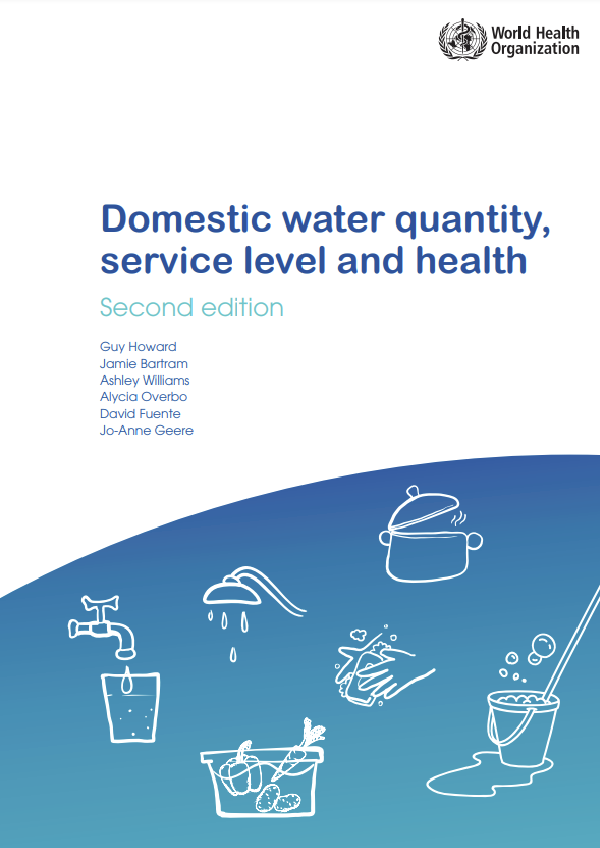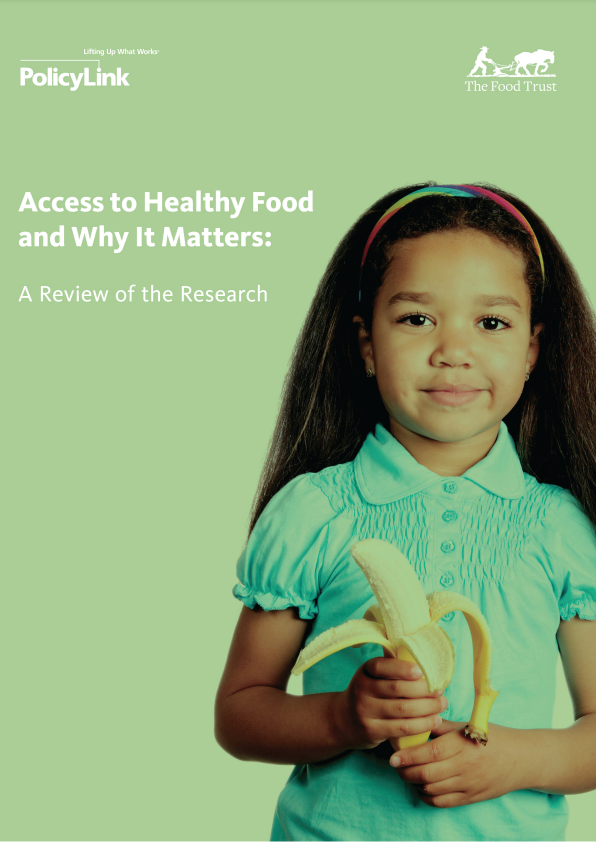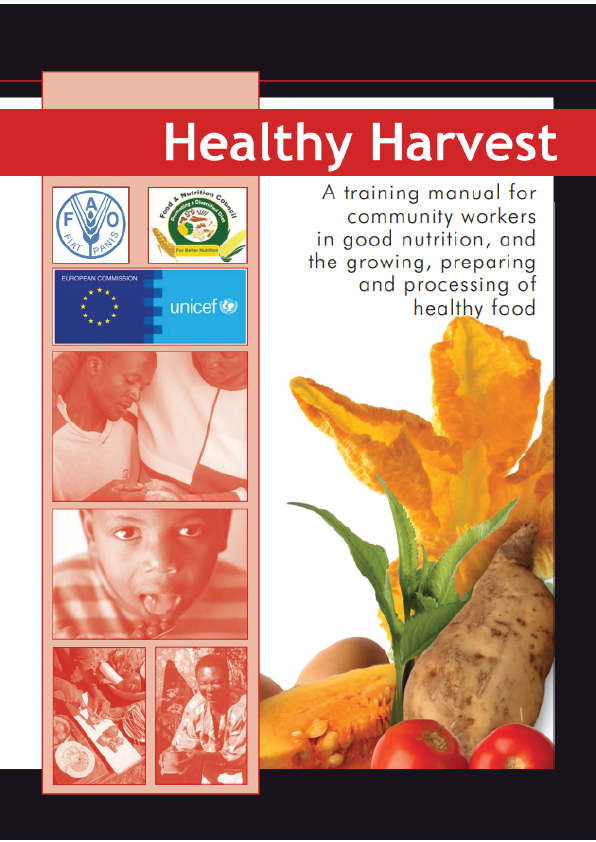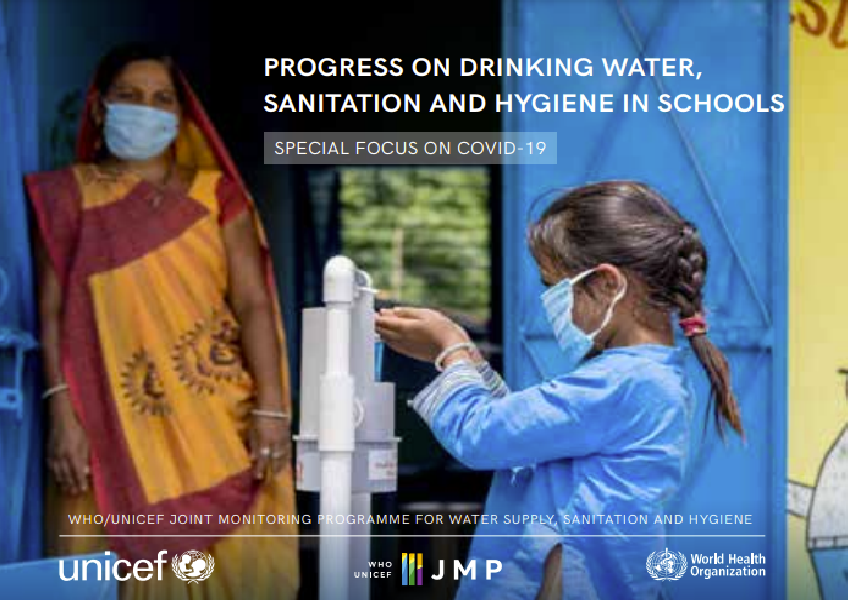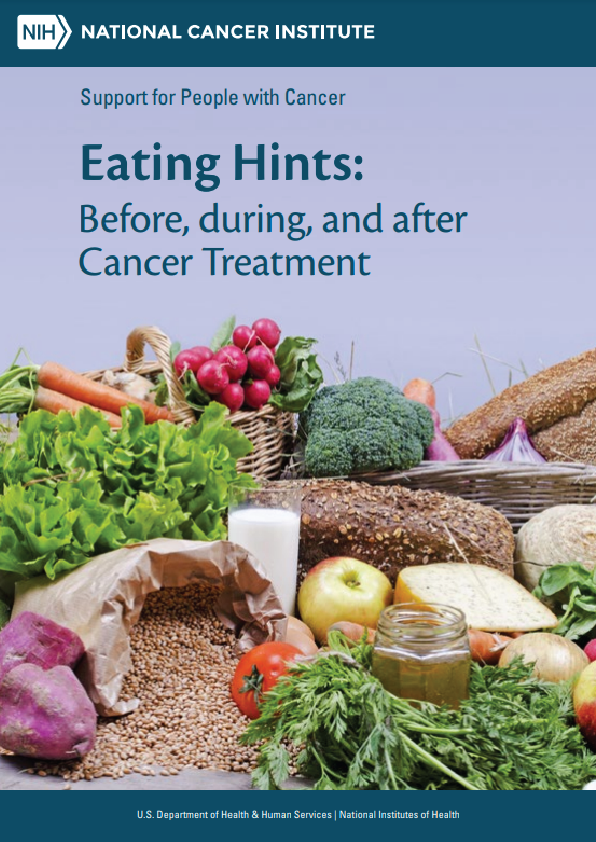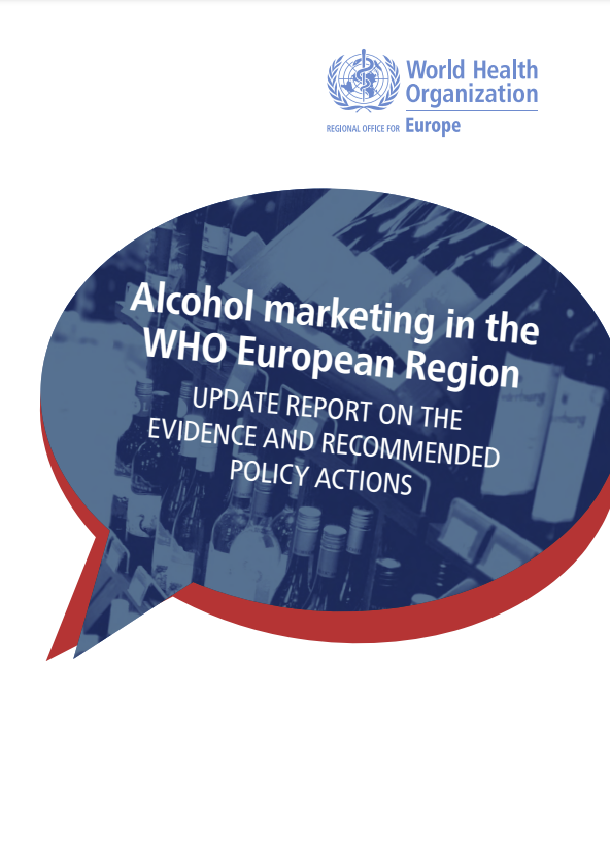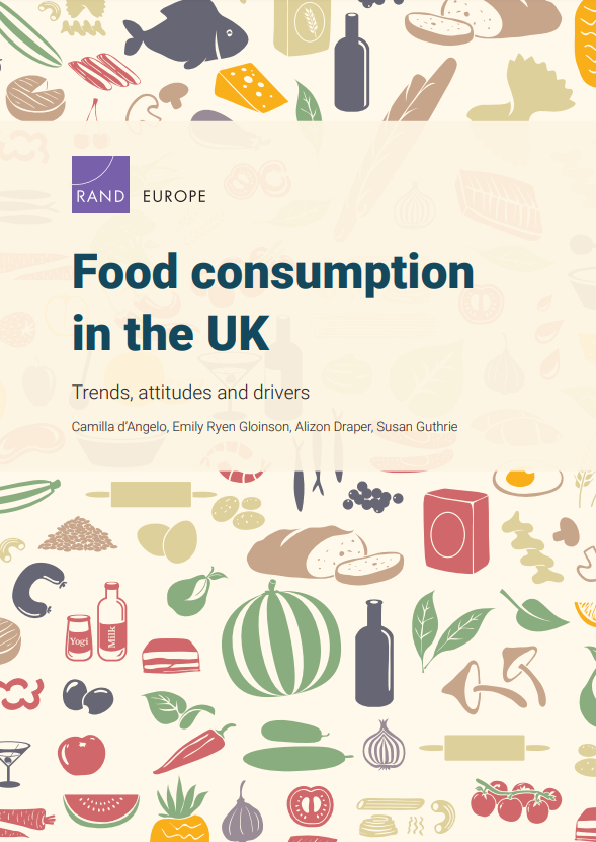Food security is one of the most pressing dilemmas of our time. Around the globe, approximately 2 billion people experience some form of food deprivation each day. One in ten people suffer from some form of food insecurity in Canada. This has led scholars to question why food insecurity exists in an ostensibly food secure country. The literature on food security and climate change has also grown exponentially over the past several decades in large part as a response to world events such as the Green Revolution and other forms of industrial agricultural development since the 1970s. Despite the advances in research and technology, we still possess inadequate knowledge of the dynamics causing the onset of food insecurity, and significant disagreement persists among scholars concerning the best way to ameliorate food insecurity.
Drawing upon the food security literature and current events in the media, this survey course will prompt learners to build a new understanding of food security, water shortages in agricultural production, and climate change challenges in agriculture. We will introduce policy tools and case studies illustrating the effects that climate change has on agriculture which will be useful and applicable to individual cross-disciplinary learning.
Who This Course Is For
This course examines the inter-dynamics of food security, water, and climate change through a social sciences perspective. It is designed for professionals and specialists from a variety of sectors, along with academics. Individuals seeking to understand the effects of climate change on our food supply and its social ramifications would especially benefit from taking this course, including (but not limited to):
- Agriculturalists: industrial producers’ associations, small-scale farmers, market gardeners, fisheries and livestock professionalsAgrologists
- Agricultural economists
- Environmentalists and related environmental fields
- Educators and researchers
- Rural development managers
- Policy makers
- Concerned citizens and community leaders
Course Learning Outcomes
By the end of this survey course, learners will:
- Have a working knowledge of food security and food insecurity related concepts and definitions
- Be able to explain the effects of climate change on the hydrological cycle
- Be able to identify the impacts of climate change on agriculture, food security, and food insecurity
- Have reflected upon, and be able to illustrate practical examples of what we can do as individuals and communities, and communities of nations to adapt to a new food-future
What You Will Learn
In this four-module course, we begin by defining food security, food insecurity, water security, and Indigenous food sovereignty. We examine the various definitions including community food security and ask who is food secure and food insecure, locally and globally. In the second module, we investigate water and its critical contribution to agriculture and food security while examining the importance of precipitation and irrigation locally and globally where global warming is causing growing water scarcities. In the third module, we ask what the local and global impacts of climate change are likely to have on food security and investigate agricultural adaptation to climate change here in the Okanagan. In the fourth and final module, we end the course by critically analyzing what we can do as individuals, communities, individual nations, and as a community of nations during catastrophic climate change.
